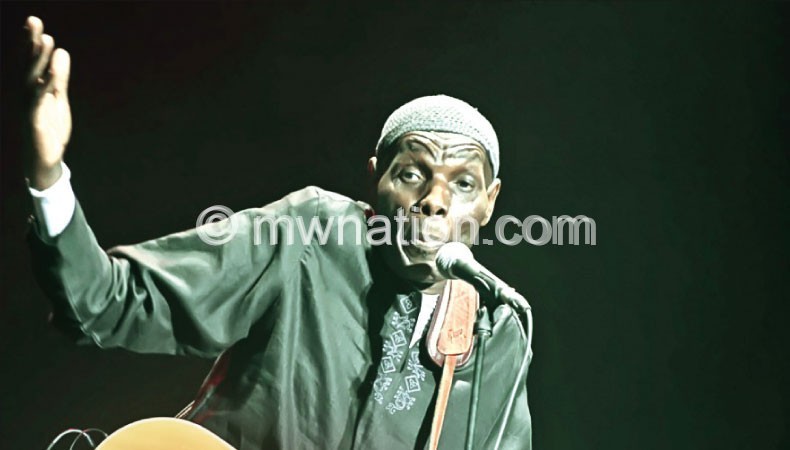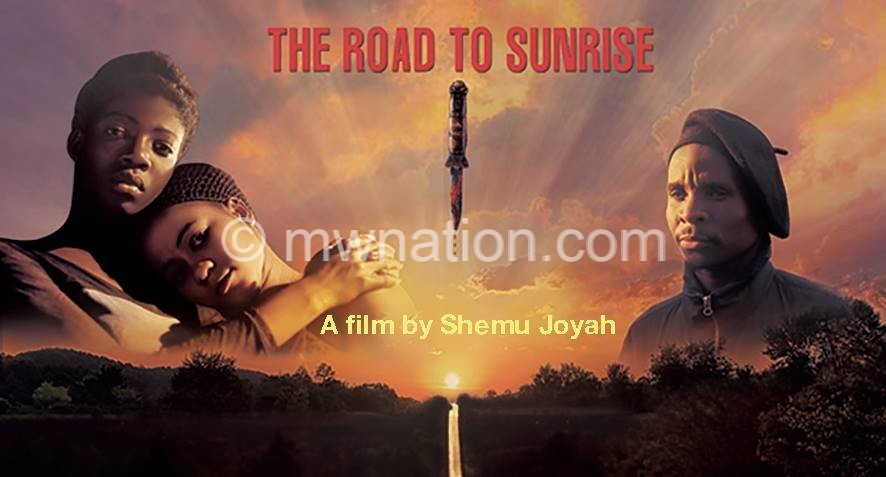Tuku sees music as therapy
Zimbabwean musician Oliver Mtukudzi recently released his latest album, Sarawoga, his 61st.
It’s hard to reconcile the humility of the man with his status as one of Africa’s musical greats, but you soon get the picture when Tuku begins sharing his personal philosophy. It is also, perhaps, his most personal. Sarawoga, which means “left alone,” is a poignant response to the death of his son Sam in 2010.
He talked to Celeste Headlee that Sam was “more a friend than a son.” Both musicians, father and son played, traveled, toured and composed together.
“The only way to console myself is to carry on doing what we loved doing most,” he says. “Sitting down [to] cry and mourn — I think it would have killed me.”
Instead, Tuku—as he is known to his fans—has thrown himself into performing his brand of “Tuku music” across the world.
On dealing with the death of his son
If I went back onstage and did what we did, it could, at least, make me feel satisfied. I’d get satisfaction out of that, than sitting down and just thinking of him. I was trying to celebrate the 21 years I’ve had with him.
I’m not sure people understand what it meant to be able to perform with your own son, doing the same job, doing what you love doing most, both of you. I don’t think people will get to understand the depth of the love that’s in the art world.
On what Tuku Music is
According to me, ‘Tuku music’ is African music born of Zimbabwe. That’s it. But my fans rather call it ‘Tuku music’ because they can’t place my music. They hear all these elements in the song, so they thought, ‘Tuku music.’
On how his music has changed over the decades
“The only difference that has come into my music that I’ve come to realize is quality. Because the guitars I used then, in the 1970s, 1980s, and the equipment of recording studios that we used then, there’s a great change. And now things can be done much easier.
“I remember we used to perform using a 100-watt amplifier in a stadium. But people were satisfied. It was OK. But you can’t do that today. Because the ear of today needs more power.”
On how things have changed since he wrote Todii to fight the stigma of HIV and Aids
I’m glad to say the song has served its purpose. Because the song was designed to at least trigger discussion among us people, about the disease. It’s a song that was full of questions, with no solution at all. And all those questions started making people talk about the disease, and try and take the stigma away from it.
On whether he shied away from talking about Zimbabwe’s elections
I don’t know what’s politics. I didn’t shy at all. I don’t know what politics is. But I know what music is, and what music does to that next person. I know that music unites people. Music gives hope. And music is a way of life. That I know. But what politics is? I don’t know. On being socially aware
As artists, we are above the politicians. When you make political statements, you become a politician. And whenever you say something political, you alienate people who disagree with you. A political message will divide people. We speak to every person. We try to heal their hearts.
On his role as a musician
I’m blessed enough to understand why I do what I do. If you understand your purpose, then it shouldn’t be a burden at all. It should be a commitment of what you’re supposed to be doing to serve that next heart; to heal that broken heart — which is why God gave you the talent; which is the purpose of giving life to the people.
On the art of music
Music is a feeling. Our purpose as musicians is to give life and help people heal. To touch their hearts. That is why we were given talent.
And his influences?
Well, I grew up in the city, but my family is from the rural areas, so I came to know both styles, both cultures. Some say that I play the guitar in the mbira style.
So Tuku music is a kind of fusion of the contemporary and the traditional? You could say it’s a kind of fusion. We just try to write songs that touch people’s universal humanness.—NPR






